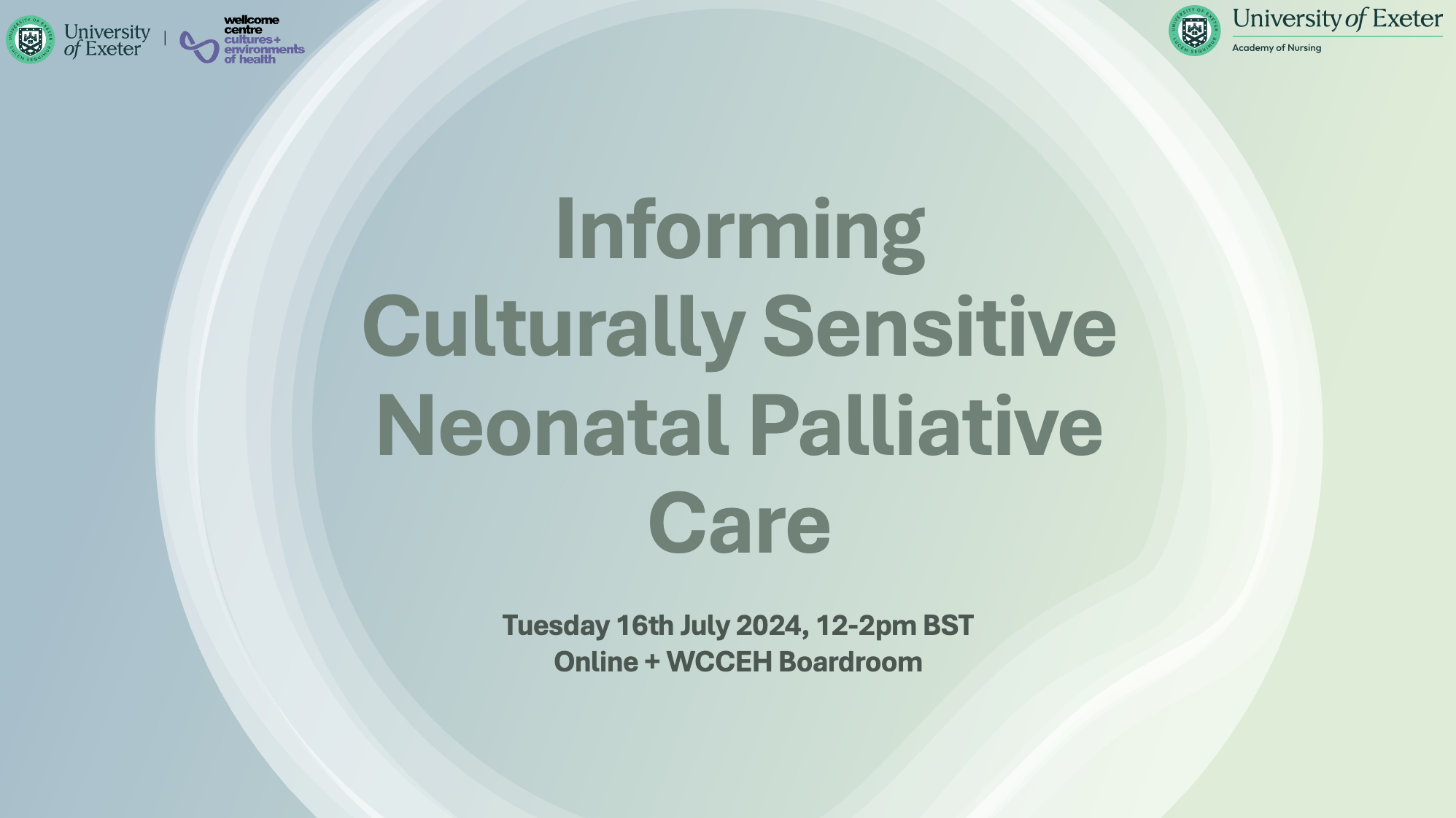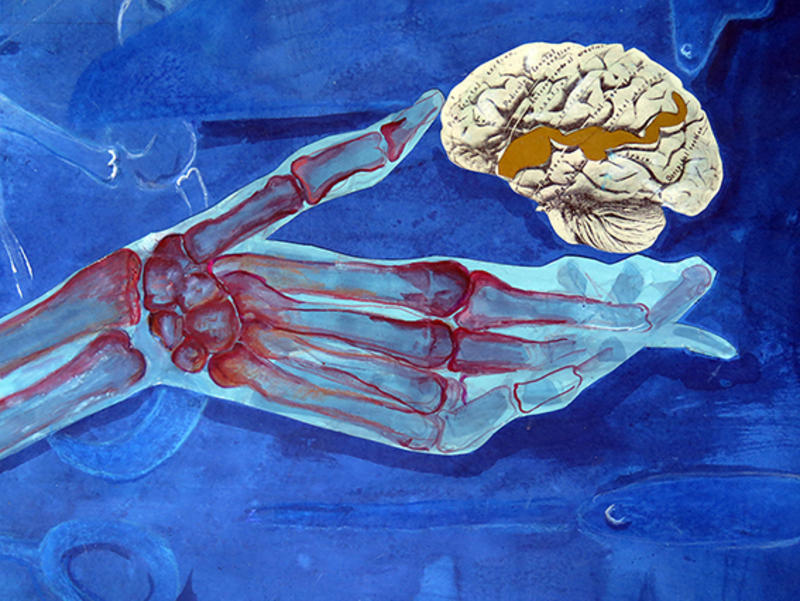New WHO/Europe tool for behavioural insights: critical to inform COVID-19 response

WHO/Europe has released a new behavioural insights tool for national and local authorities developing and coordinating interventions, policies and messages for the COVID-19 response. Understanding public levels of trust, people’s perceptions of risk, and the barriers they may face in following recommended actions is critical to the effectiveness and success of pandemic response measures. Such insights into public behaviour form the basis of effective communication and can identify issues related to stigma or conspiracy myths, for example, as they emerge, thus ensuring that they are addressed quickly and effectively.
“Rapid, simple and flexible to use, this behavioural insights tool offers countries invaluable information to support and guide their COVID-19 response activities. Our success in tackling the new coronavirus depends on people being informed, willing and enabled to take the right public health action,” said Dr Hans Henri P. Kluge, WHO Regional Director for Europe.
“Empowering people and leveraging behavioural and cultural insights for health is one of the 4 flagship initiatives I have identified for WHO/Europe, to deliver my vision of ‘united action for better health’. Several Member States have already initiated studies to gain these COVID-19-related insights, and I strongly urge others to do so, particularly as they transition through phases of the pandemic response,” he concluded.
The new tool is available in English and Russian, and the accompanying survey can be conducted in any language and tailored to country contexts. It was developed in collaboration with the University of Erfurt, Germany, which is currently collecting data every week and sharing results with German authorities coordinating the pandemic response.
“We have conducted weekly surveys in Germany since 3 March. This has allowed us to support those responsible for pandemic response activities. For example, we have found out that the crisis has negative psychological effects, especially among younger people. With this information, we can offer targeted support. Paradoxically, these surveys have also shown that high-risk groups (aged 60+) feel less likely to contract the new coronavirus – so this is an area where we need further insights,” explained Professor Cornelia Betsch from the University of Erfurt.
“Now, we are looking into strategies for the transition period, including acceptance of digital solutions such as tracing apps, as well as the alleviation of measures or the acceptance of the contact bans among specific target groups. This allows those responsible to shape their transition measures and related communications,” she added.
WHO/Europe can support countries with implementation, please contact Katrine Habersaat (habersaatk@who.int) or Martha Scherzer (scherzerm@who.int) for more information.




